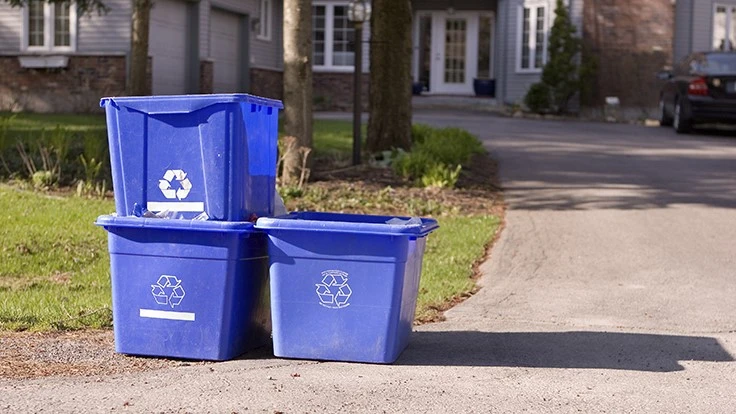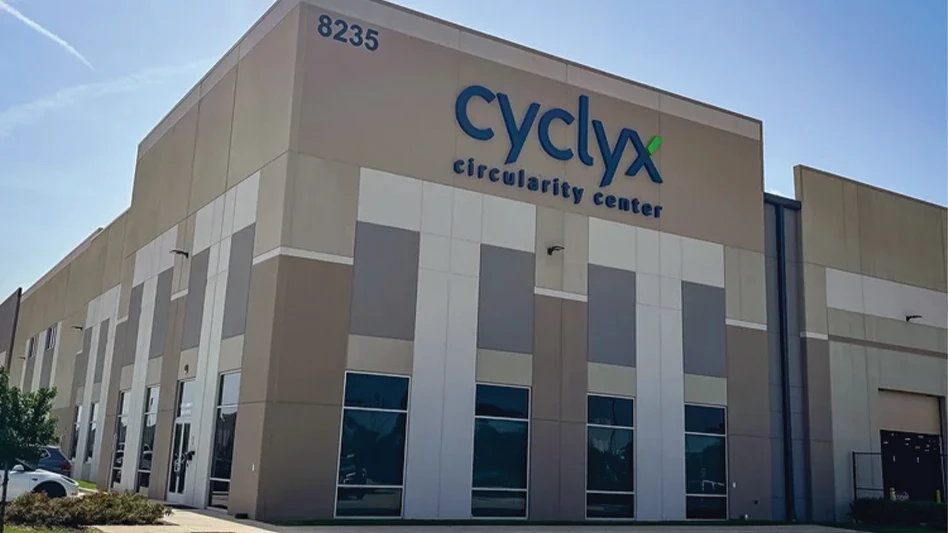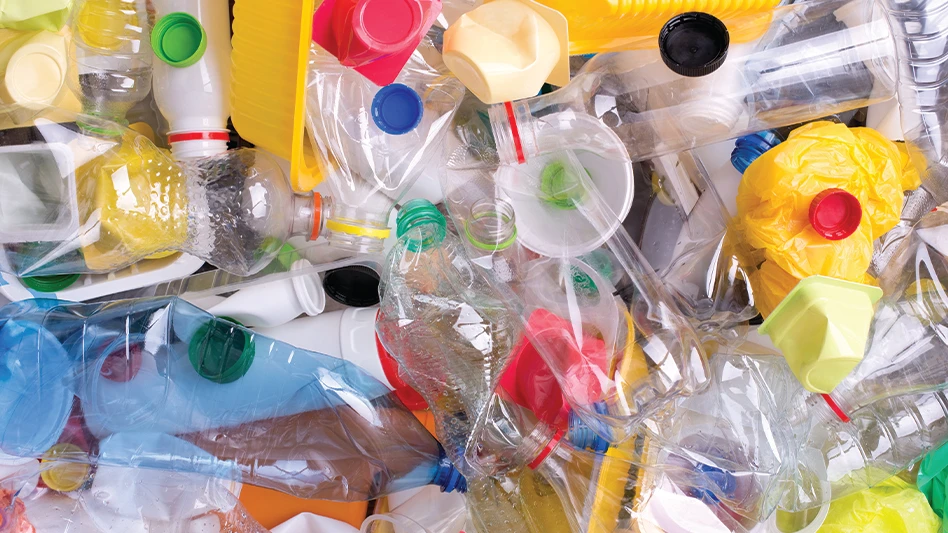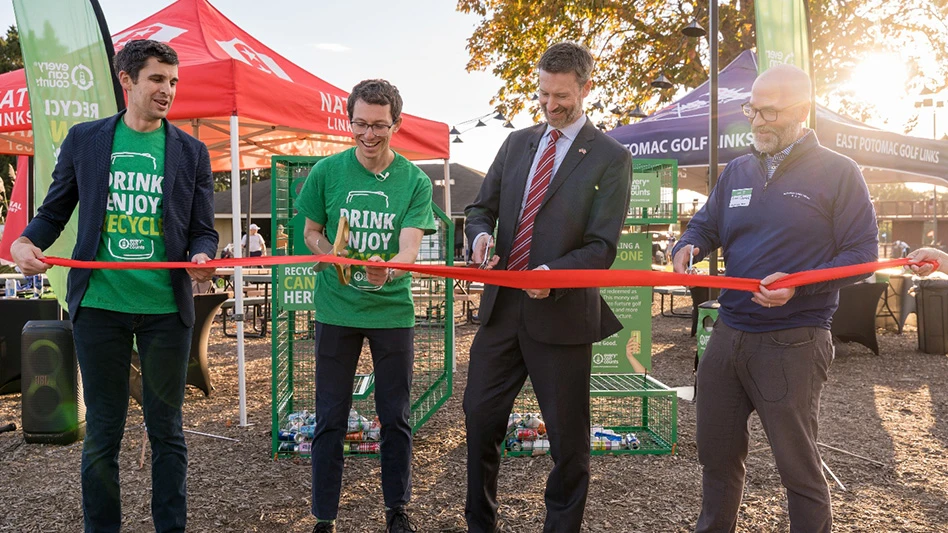
Imagegami | AdobeStock
DS Smith, a sustainable packaging company based in London, has released a new survey highlighting how effective recycling is in the United Kingdom. The survey found there is a growing generational gap in recycling emerging in the U.K.
The survey showed that 66 percent of younger people are less confident about what packaging can be recycled than those over 55, which was 81 percent. Younger people are twice as likely not to know where to find advice on recycling at 11 percent, compared with 4 percent for those over 55.
The survey shows two-thirds of Gen Z respondents, about 67 percent, blame barriers to recycling in the U.K., compared to 41 percent of those over 55. Younger respondents, 20 percent, site confusion over what recyclable items go into which bins and not enough recycling bins from local authorities, 16 percent, as issues. Additionally, 63 percent of Gen Z say recycling labels on product packaging are hard to understand.
“There is no doubt that people want to play their part in helping the environment,” says Rogier Gerritsen, managing director at DS Smith Recycling. “The challenge is making things as simple as possible to enable people to do so.”
DS Smith’s survey shows regional recycling gaps in the government’s recent waste statistics. The company says England has failed to meet the government’s target to recycle 50 percent of waste from households by 2020.
“With the U.K. setting ambitious targets for paper and card recycling over the next decade, it’s time to rethink our approach to recycling,” Gerritsen says. “Continued collaboration between policymakers, local authorities and the recycling sector are key to make sure we have a recycling infrastructure that makes it easy for consumers to understand.”
The survey suggests that changes to the U.K. recycling infrastructure may be needed to improve recycling among the younger generation.
Gerritsen adds to boost recycling and help deliver on target goals, the system needs to be simplified, with consistent collection systems and proper segregation of materials at the curbside. This would give consumers clarity and help to increase the volume of recycling. It would also help protect the quality of paper and cards destined for recycling, meaning more material stays in use for longer.
Get curated news on YOUR industry.
Enter your email to receive our newsletters.
Latest from Recycling Today
- Investors plan to reopen lllinois iron foundry
- Algoma loses money, names new CEO
- ReMA opens nominations for 2026 Young Executive of the Year Award
- PPRC 2025: Tracking EPR’s progress
- North Carolina announces $25M in grant funding to strengthen recycling, waste management infrastructure
- L’Oréal joins Nextloopp Americas
- Ambercycle partners with REI
- WM reports mixed results for Q3





